The Hague: 12th in the ranking

Even outside the top 10, The Hague is a city that knows how to meet the needs of its inhabitants. Its top ratings are in its high level of safety, its strong commitment to ensuring sustainability and the high amount of culture the city is brimming with. It also does not score badly on cost of living, although in line with many of the other European cities mentioned by our respondents.
Known as the International City of Peace and Justice, The Hague is one of the main cities of the Netherlands. While it is not the country’s capital, it is its administrative capital, which means that it is where the government is based. In our survey, it was voted by respondents as one of the best cities in several categories, with very positive ratings.
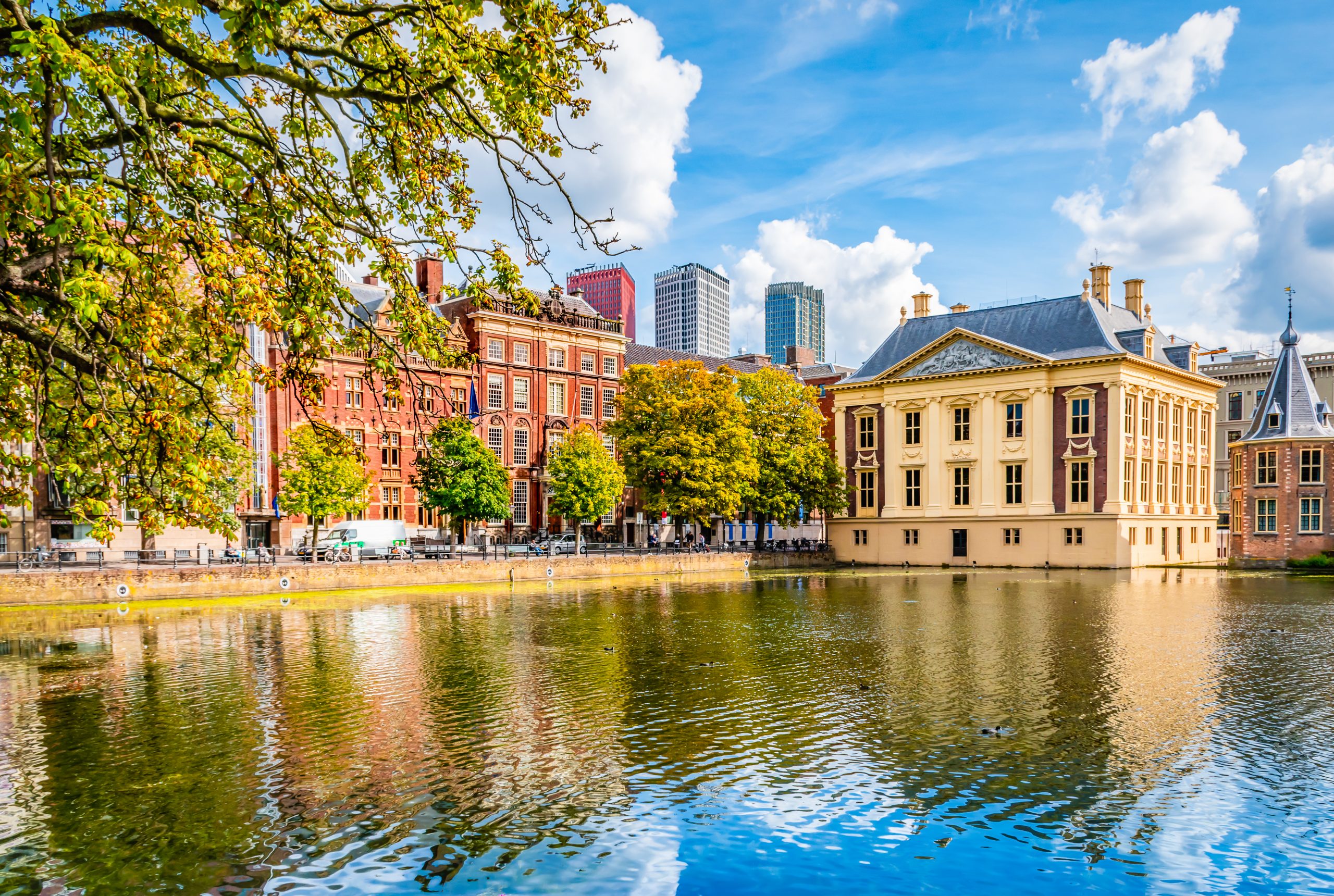
The Hague enjoys a generally good climate, although it does not stand out in the survey responses in this category. It shines most brightly in summer, a particularly pleasant time of year.
During the winter the weather is more complex, with a high level of cold, which, however, does not usually fall below minus five degrees Celsius. The problem is that this cold is combined with a lot of wind, making it difficult to get around at night and in the early mornings.
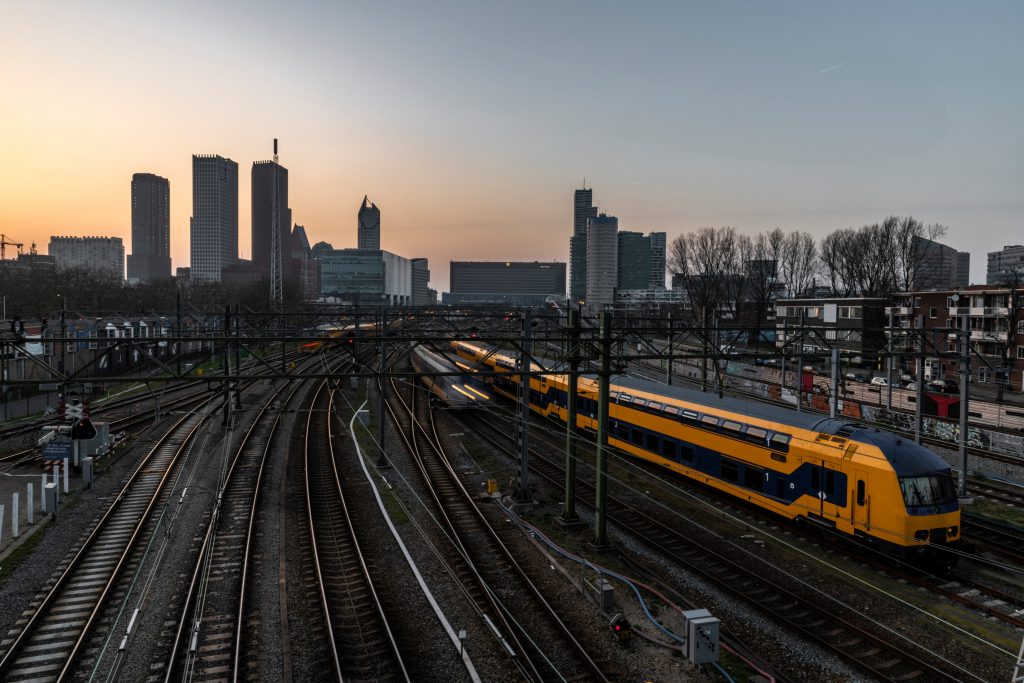
The two most important methods of transport in the city are the bus and the tram, whose combination of lines does a good job of covering most of The Hague’s terrain.
There are also complementary options such as a good train system and the metro, which consists of four lines but does not cover a great deal of ground. Getting used to using these methods of transport will take patience, as their combinations can be complex at first.
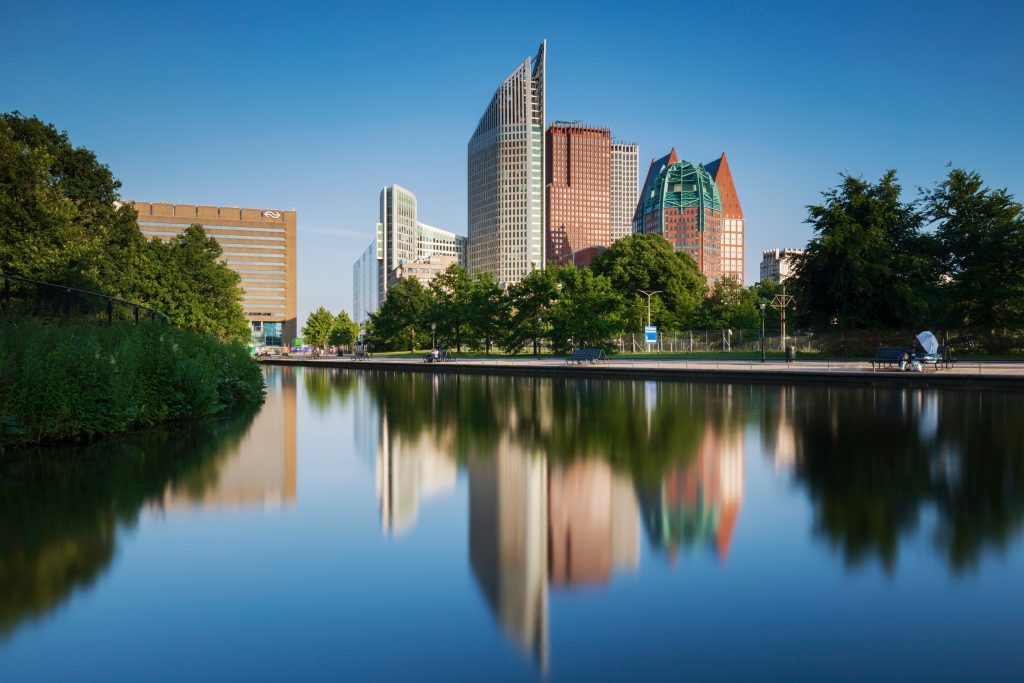
The profile of The Hague has made it a city with a large number of international schools. Some of the most important schools in the country are located here, such as the International Waldorf School of The Hague, the International School Delft or the HSV International Primary School. There is also the Lycée Français Vincent van Gogh for students whose native language is French and the American School of The Hague.
In addition, there are more than 50 universities and, in total, around 30,000 young people study in the city, including more than 5,000 foreigners.

The Hague is not noted for its food, but there is plenty of street food to try after a hard day’s work or in short periods of time between meetings.
Examples include kroket, similar to Spanish or French croquettes, kibbeling, a fried fish, or poffertjes pancakes.
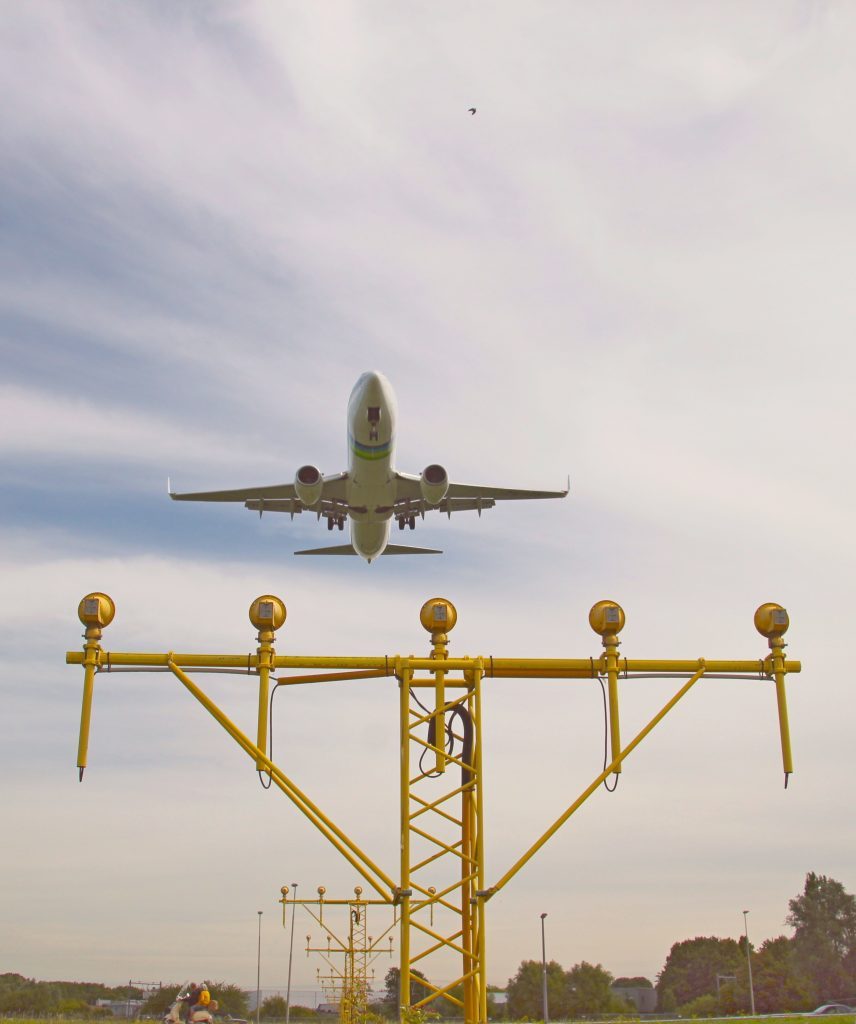
Its airport is Rotterdam The Hague Airport, which, as its name suggests, is also shared with the city of Rotterdam. It is very close to the city and can be easily reached by bus. Although it is a minor airport and not the most important in the country, it does handle international flights to a wide range of cities in Europe.
Some of the airlines operating at the airport include British Airways, various TUI fly subsidiaries or Transavia, with the latter handling the vast majority of international connections. The Hague is twinned with four cities: Palembang in Indonesia, Juigalpa in Nicaragua, Warsaw in Poland and Nazareth in Israel.
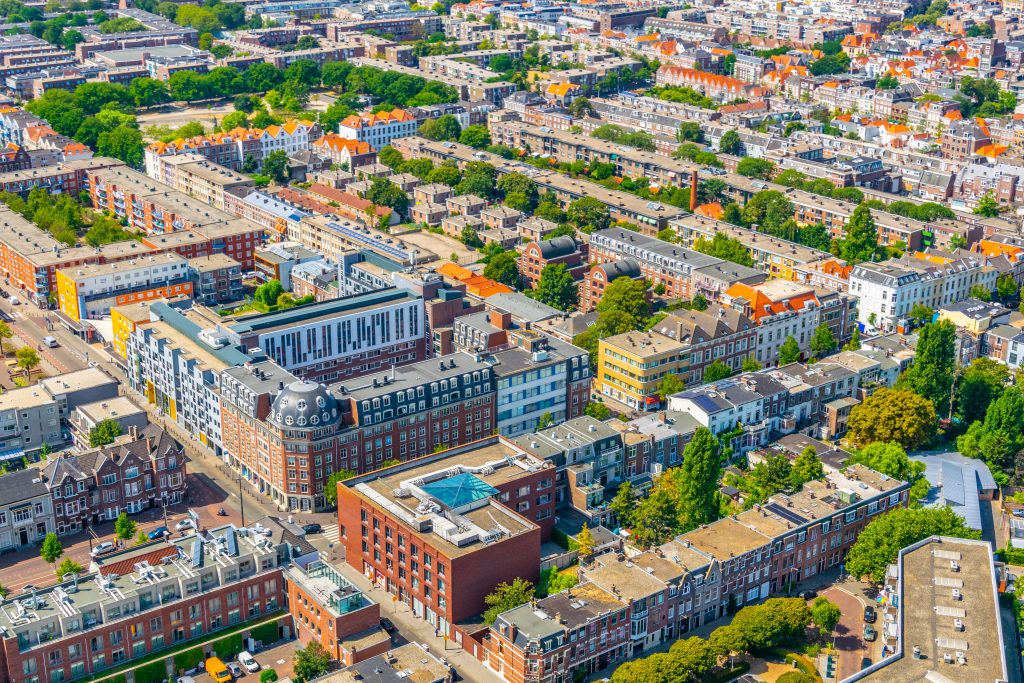
Perhaps because it is the administrative capital of Austria, and because it is the home of Austria’s top officials, The Hague is a very safe place.
This is borne out by the results of our survey, which ranked the city third in this category. It is only behind Munich and Zurich in this respect, which is very positive. Overall, it is a safe city where you can walk around at night without fear. Apart from isolated cases, there is nothing to worry about.
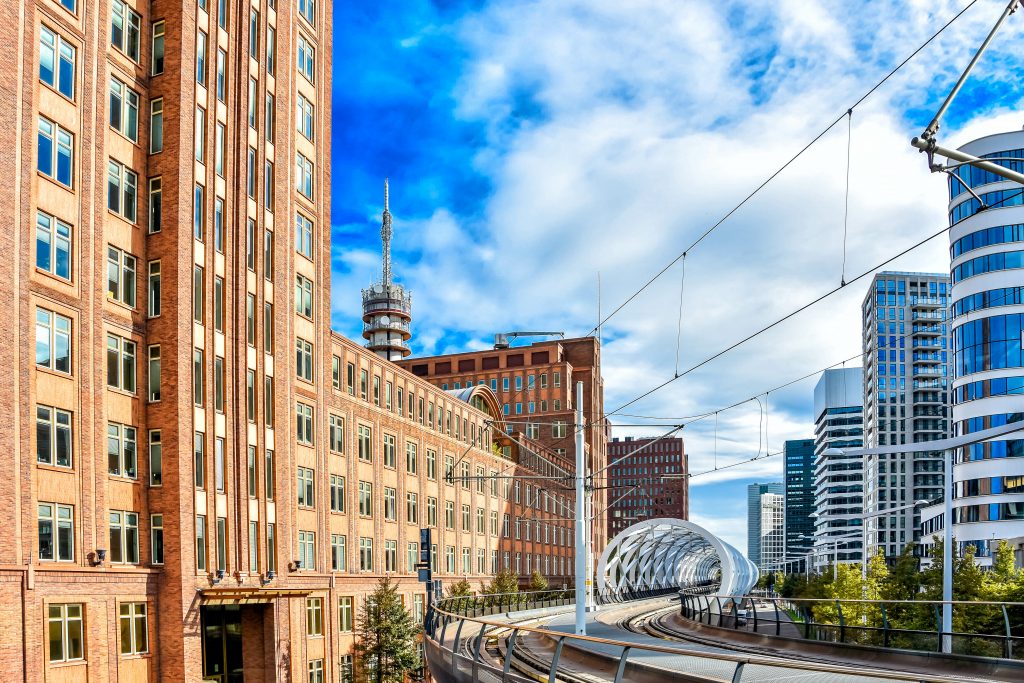
The Hague has been working for some time to become one of the most sustainable cities in the world and nowadays its initiatives fall into four distinct blocks: local actions, vegetarian philosophy, vegan food and circular economy. All citizens share these goals and work together to achieve them.
Its great effort in sustainability has earned it the second position in the ranking of this category according to our survey data. It is second only to Milan, but ahead of other places such as Paris, Brussels and Rome.
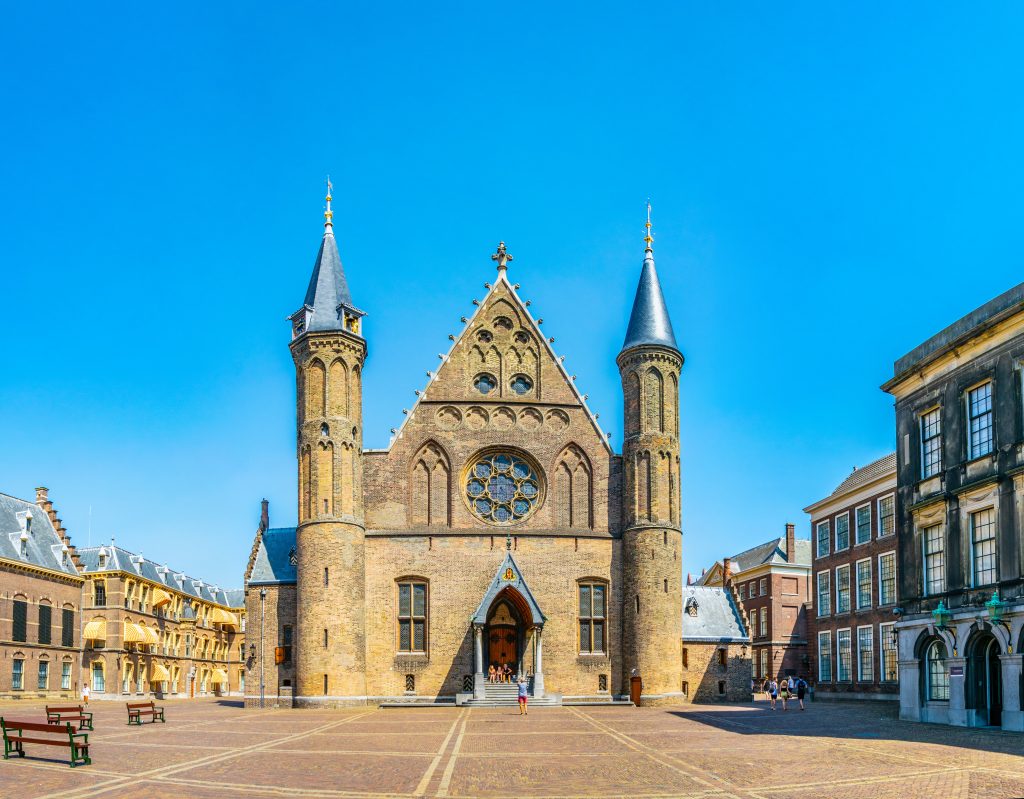
Living satisfactorily in The Hague is not as expensive as elsewhere in Europe. In fact, the city breaks into the category ranking and comes in at a solid sixth place, just behind Barcelona.
The standard minimum wage in The Hague is a good living wage and it is always possible to optimise expenses in a number of ways, such as avoiding the more expensive shops or supermarkets in the city. For a couple with children working in The Hague, this is also a good way to live comfortably.
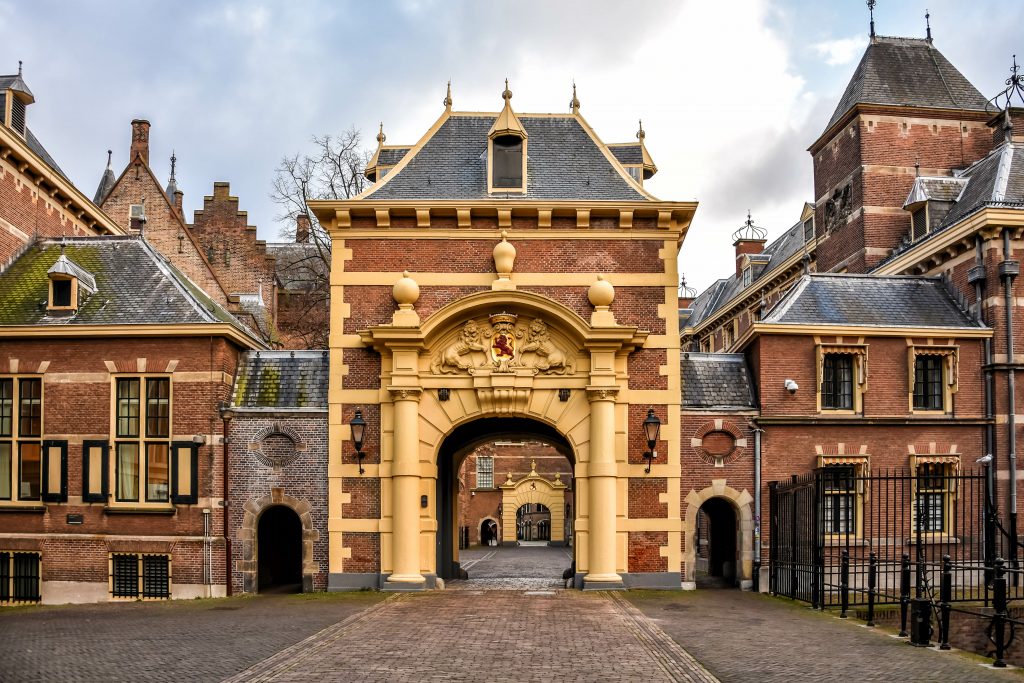
There are several areas in The Hague that concentrate much of the city’s cultural attractions, such as the Binnenhof and Scheveningen areas. Here you can find museums, live music venues and theatres, as well as other attractions that will appeal to all kinds of people.
Although there are not as many museums as in other parts of the country, there are some that are highly recommended. For example, the Mauritshuis art museum and the Binnenhof, both of which have large collections. As a result, The Hague is in fifth place in the ranking.
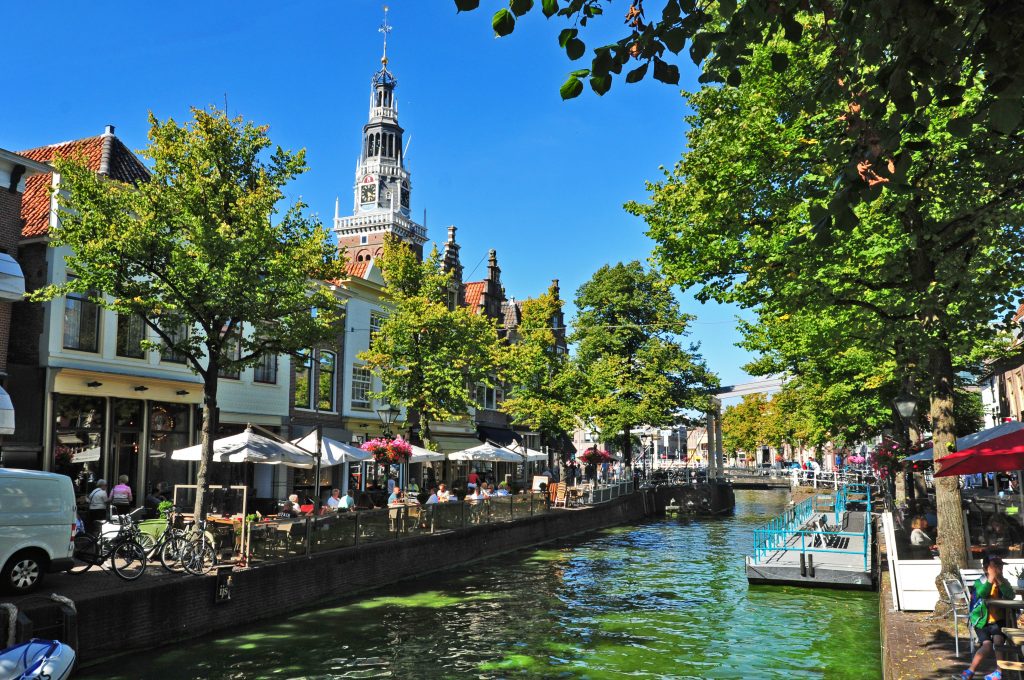
The Hague offers a wide range of leisure activities throughout the year. You can visit places such as the Madurodam miniature park, the Drievliet amusement park or any of the many parks and gardens that are open to the public.
Concerts, festivals and popular festivals help to keep The Hague full of surprises. At night there are many clubs where live music is played, where you can enjoy dancing and music or where you can try one of the professionally prepared cocktails.
